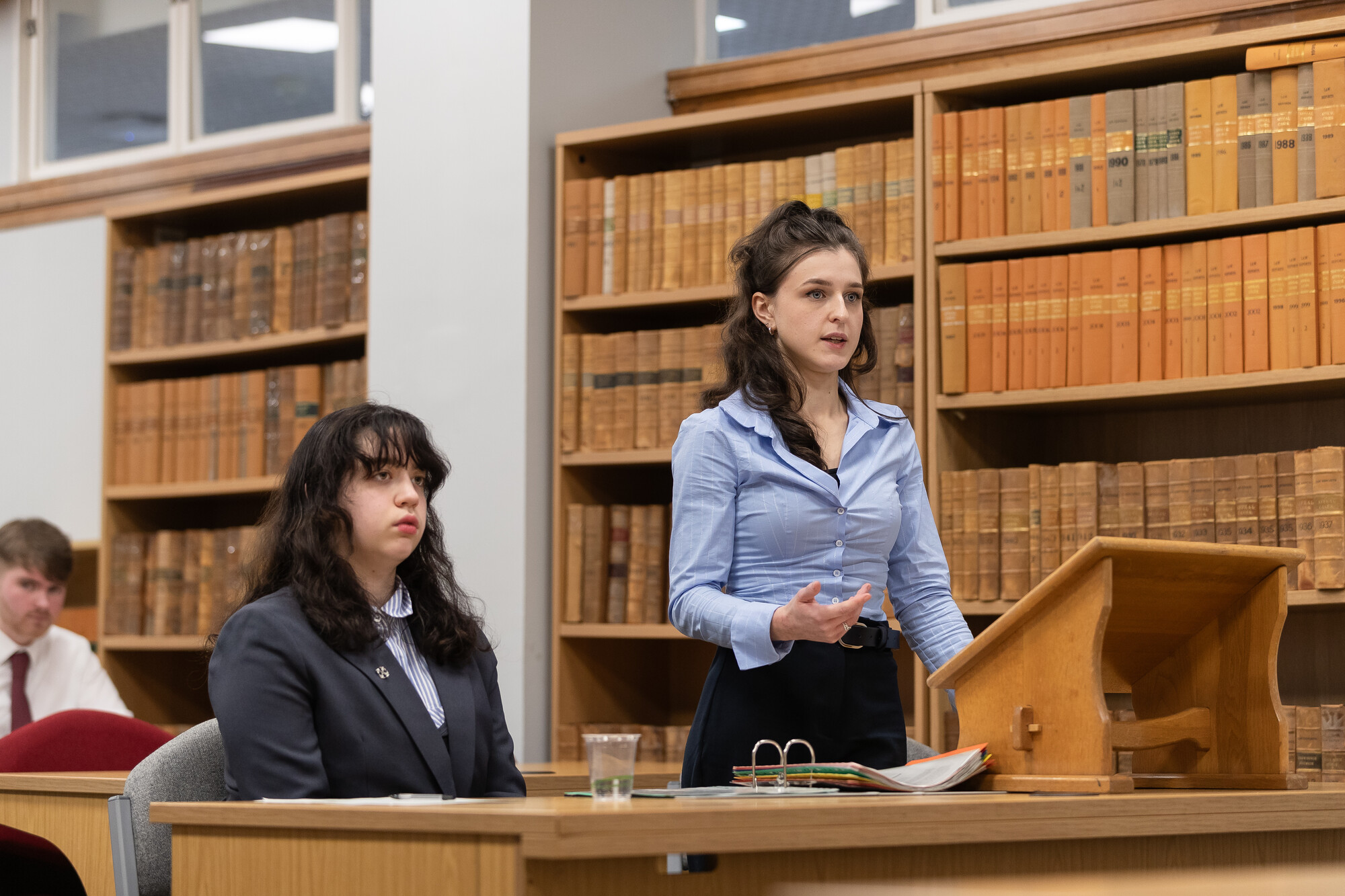In today's globalised legal landscape, there is a growing need for expertise to navigate complex transnational interactions. The LLM International Business and Commercial Law is designed to equip you with the necessary expertise to succeed in this dynamic environment, with expert teaching focusing on Business and Commercial Law. Explore regulatory frameworks across various jurisdictions and tailor your learning with our diverse range of modules.
At the School of Law and Social Justice we blend academic theory with practical relevance to enhance your knowledge, advance your career, and specialise in key areas. Through core modules such as International Commercial Law and Dispute Resolution, Developing and Managing Research, Legal Theory and the Common Law, and Human Rights Law, you will gain deep insights into the modern challenges within the legal sector. The course concludes with a Dissertation or Major Law Project, allowing you to apply your learning to a real-world legal issue.
LLM International Business and Commercial Law combines the delivery of legal and business education between the Chester Law School and Business School, offering a unique interdisciplinary approach. By blending legal expertise with business acumen, this course equips you with a comprehensive understanding of the complex dynamics shaping global commerce.
Explore a multitude of postgraduate-focused employability opportunities facilitated by our Careers and Employability services, pro bono activities, and career development opportunities. Embark on a journey that not only enhances your knowledge and skills but also propels you towards a rewarding and fulfilling career.

.jpeg)















